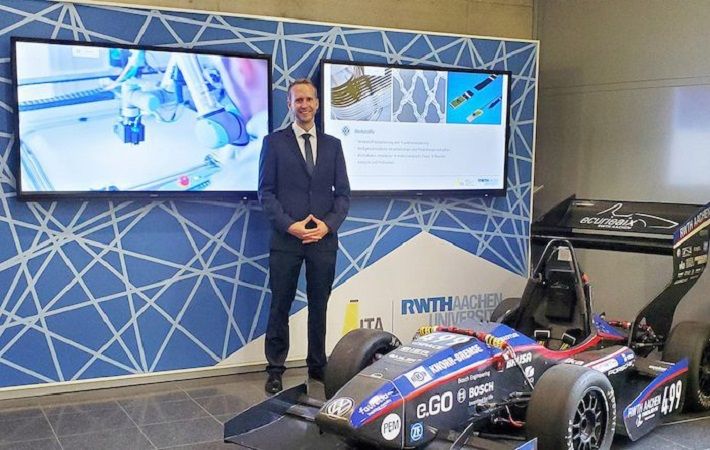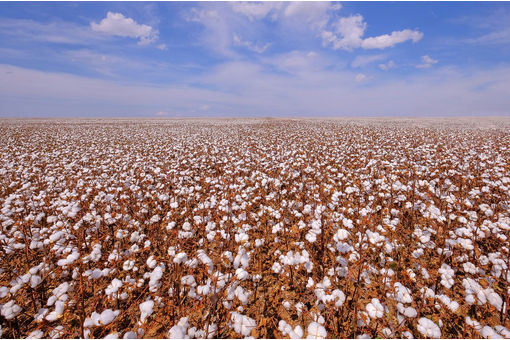ITA Germany's scientist Dr Stefan Peterek wins Paul Schlack Prize 2021

The technologies, namely a reverse osmosis water recovery system and an innovative spinning head design for ‘large tow’ production, help reduce production costs and improve fibre qualities. Overall, Dr Peterek 's work explains the opportunities and challenges of the polyacrylonitrile market and highlights innovative and creative solutions for sustainable, safe and cost-efficient textile and carbon fibre production that meets current political and societal demands. The selection of alternative solvents, the corresponding process design, their impact on fibre properties and production costs play a central role in this work, Institut für Textiltechnik of RWTH Aachen University (ITA) said in a media release.
In his dissertation, Dr Peterek investigated the market for polyacrylonitrile fibres with a focus on the current political and economic framework conditions in Europe. An important factor in this context is the "REACH" reform. REACH (Registration, Evaluation, Authorisation and Restriction of Chemicals) is a European Union regulation and addresses production and use of chemical substances, and their potential impacts on both human health and the environment.
The EU is currently regulating carcinogenic, mutagenic and fertility-damaging substances in order to improve occupational safety. The regulation includes the setting of new limit values and even bans on these substances. This also affects the solvents most commonly used in the production of polyacrylonitrile fibres. Manufacturers would thus be forced to switch to alternative solvents. The change of solvent is associated with high investments in new plants and considerable conversion costs. The motivation of Dr Peterek's work was therefore to investigate the use of less toxic solvents and to identify the challenges and opportunities of a process change.
The selection of auxiliary materials and solvents as well as the process design must fulfil certain boundary conditions in order to be socially and politically acceptable (occupational safety, sustainability) and to remain financially competitive with other fibre materials.
Since 1971 the Paul Schlack Prize has been awarded at the Dornbirn GFC Global Fiber Congress (formerly Dornbirn Man-made Fibers Congress) in Dornbirn (Austria) to promote man-made fibre research at universities and research institutes. Previous ITA winners of the Paul Schlack Prize were Dr Andreas De Palmenaer, Prof Dr Gunnar Seide, Dr Wilhelm Steinmann, Dr Stephan Walter, Dr Gisa Wortberg, Dr Benjamin Weise and Dr Markus Beckers (Paul Schlack-Honorary Prize).
Fibre2Fashion News Desk (KD)
































-Ltd..jpg?tr=w-120,h-60,c-at_max,cm-pad_resize,bg-ffffff)





.jpg?tr=w-120,h-60,c-at_max,cm-pad_resize,bg-ffffff)
.jpg?tr=w-120,h-60,c-at_max,cm-pad_resize,bg-ffffff)






